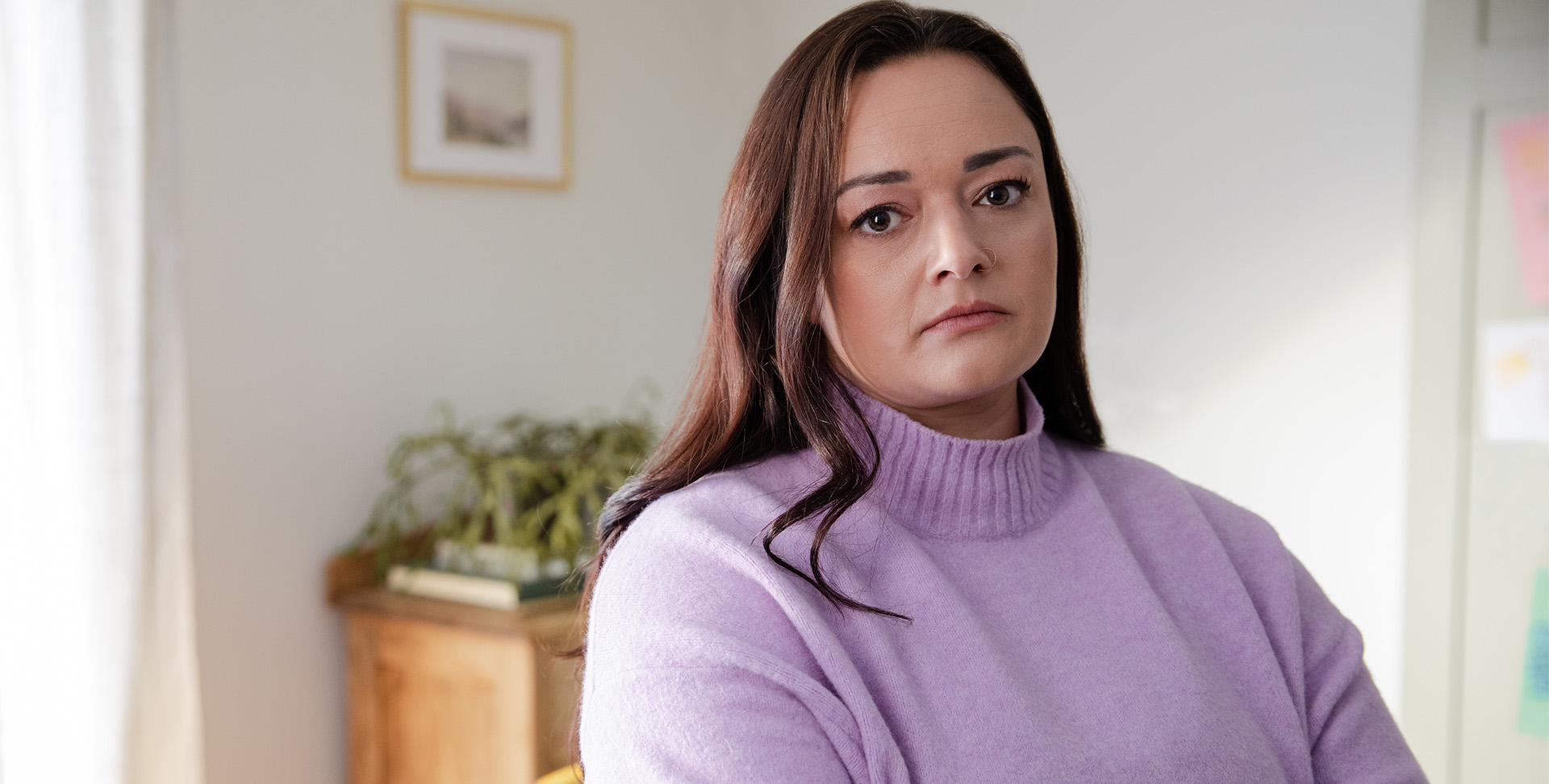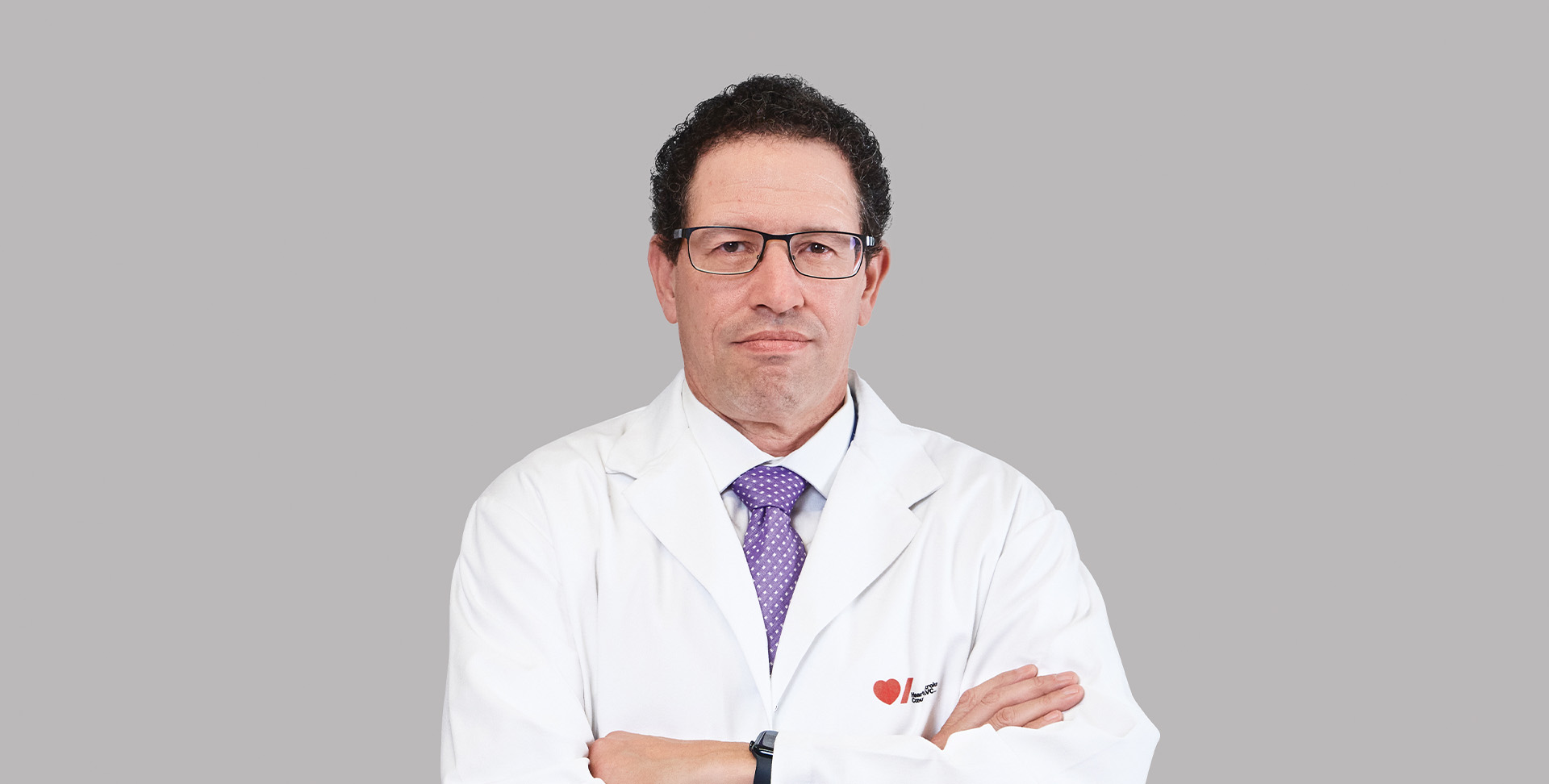
Shaping research that works for women
We need more women in clinical trials. Dr. Mark Bayley is working to make that a reality
Chapter 1 An uneven playing field
Dr. Mark Bayley would like everyone to do better after stroke. As a physiatrist, he specializes in rehabilitation, helping people regain function after stroke and other types of brain injury.
But he faces a challenge: Some therapies may not work as well for all patients.
“Many of the treatments recommended for women and men have been generated from research trials that had less than 30% women in them,” says Dr. Bayley, Program Medical Director at the University Health Network’s Toronto Rehabilitation Institute.
“This is a real problem. We know that women, because of biological differences and differences in gender roles, may respond differently to various therapies and treatments.”
Chapter 2 An urgent need
Women who have strokes are at higher risk of dying than men, and if they survive, their outcomes are worse. Women are 60% less likely to regain independence after their strokes, and they end up in long-term care twice as often as men do.
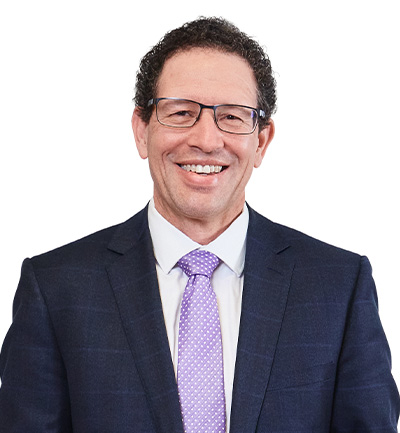
Dr. Bayley is leading a study that is exploring ways to involve more women in clinical trials.
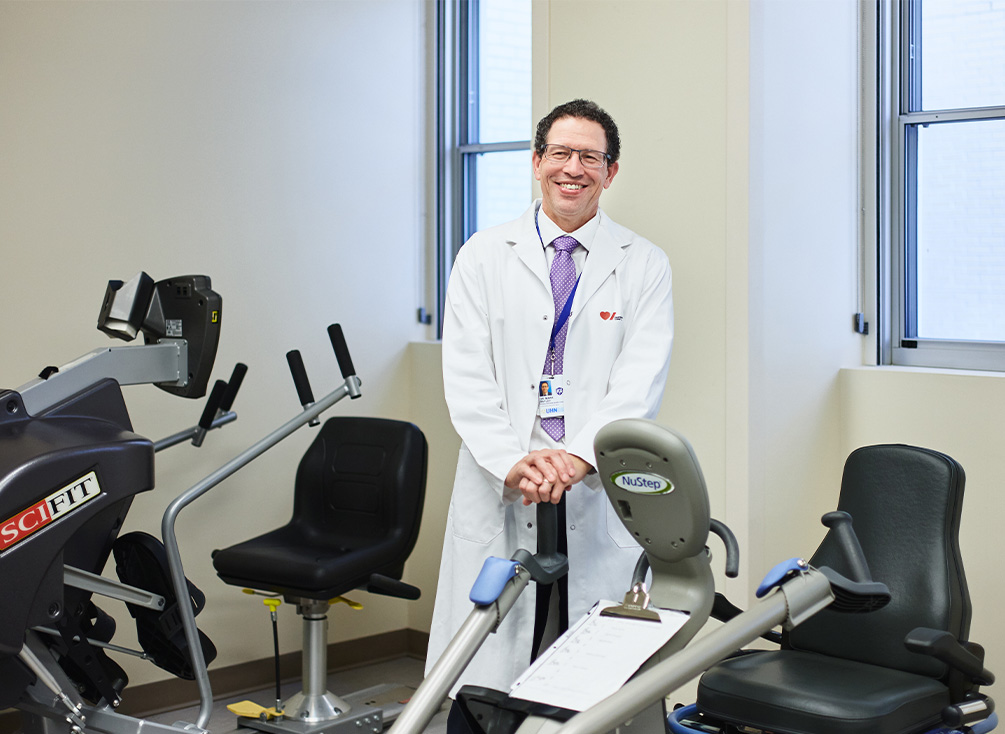
Dr. Bayley helps people recover function after stroke and other kinds of brain injury.
Women are also less likely to get stroke rehabilitation. Dr. Bayley says we don’t know why; it could be gender bias in the healthcare system. Or it could be related to the fact that women have strokes later in life than men, so may be more likely to live alone with no caregiver to help them.
Researchers have been aware of gender differences in cardiovascular health for years. Dr. Bayley and his colleagues started asking why women were not participating in clinical trials. “That’s been reported across many, many areas of research, and particularly in cardiovascular care.”
To understand the barriers that keep them from taking part in research, in 2022, Dr. Bayley launched EMPOW-HER, a study involving a team of researchers from across Canada including specialists in sex/gender research, Drs. Shannon Macdonald, Susan Marzolini and Amy Yu. They are exploring how to get more women taking part in clinical trials for research on stroke recovery.
Chapter 3 A new toolkit
The project involves interviewing women and men who have taken part in clinical trials, plus those who have not, to try to understand their motivations. As well, the research team will mine health data to find out how many women entered stroke rehabilitation versus how many took part in clinical trials.
“We want to understand the reasons women may not participate in research. Is it socioeconomic? Do they just approach their health differently? We don’t know.” Dr. Bayley admits that in his research proposal he included a list of possible reasons that was “as long as your arm.”
He wants to make sure the EMPOW-HER findings have a practical impact. “Our goal is to create a toolkit that would help recruiters better understand the concerns of women,” he says. “What we hope to get out of the project is a sort of playbook for ensuring that future trials are more balanced.”
Helping improve the gender balance in stroke rehab trials is a short-term goal of this research, which is supported by Heart & Stroke donors through the Heart & Stroke Canadian Partnership for Stroke Recovery. The findings could also help researchers across the medical sciences who also want to make their trials more balanced.
In time, the EMPOW-HER findings should answer some of the lingering questions about women and stroke and, eventually, create stronger evidence for rehabilitation therapies tailored to each individual.
Learn more about
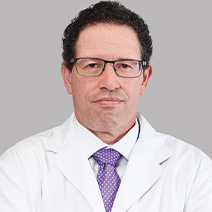
More stories
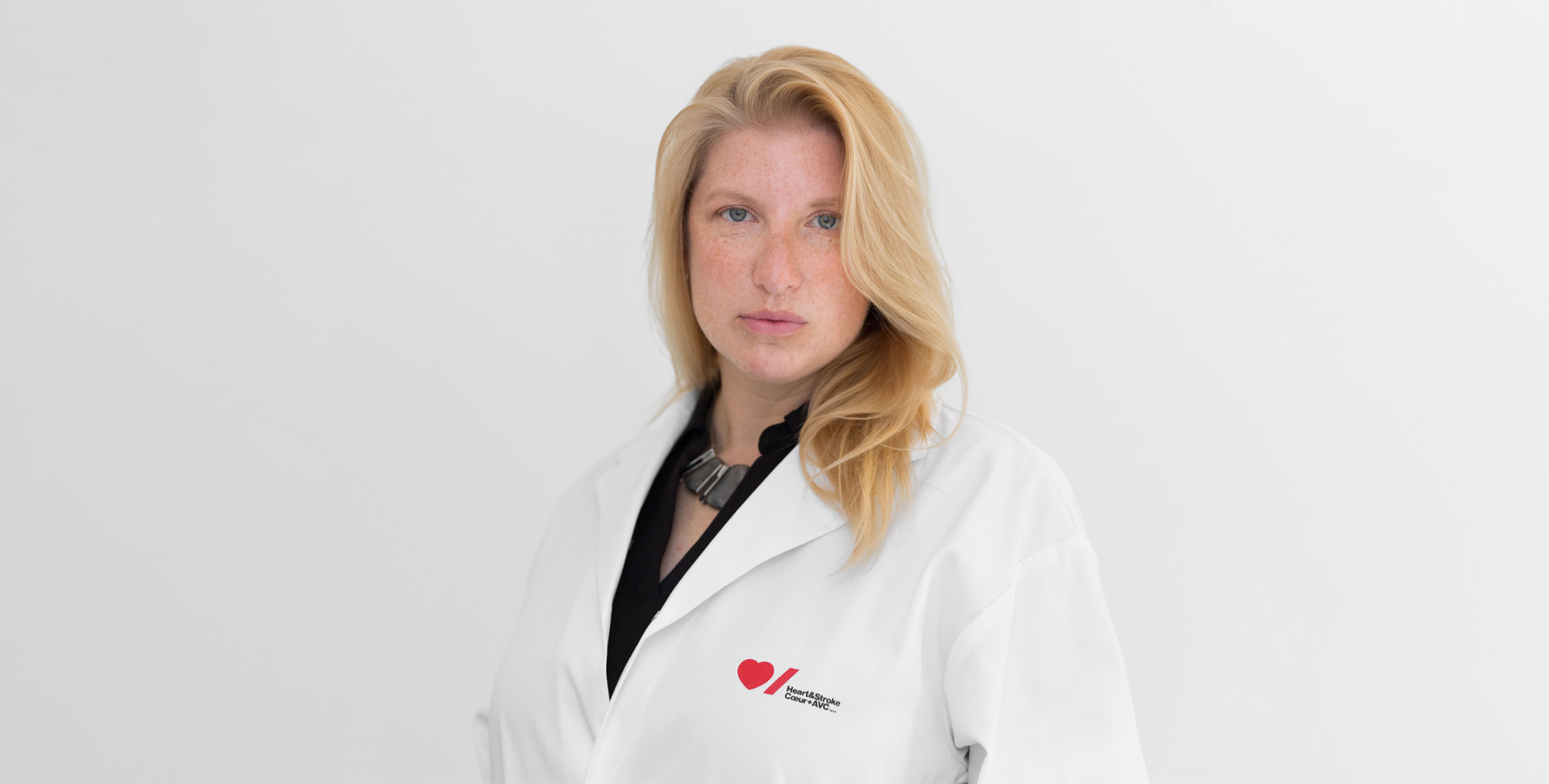
Preventing stroke before it strikes
Research by Dr. Jodi Edwards could head off the factors that increase risk – especially for women
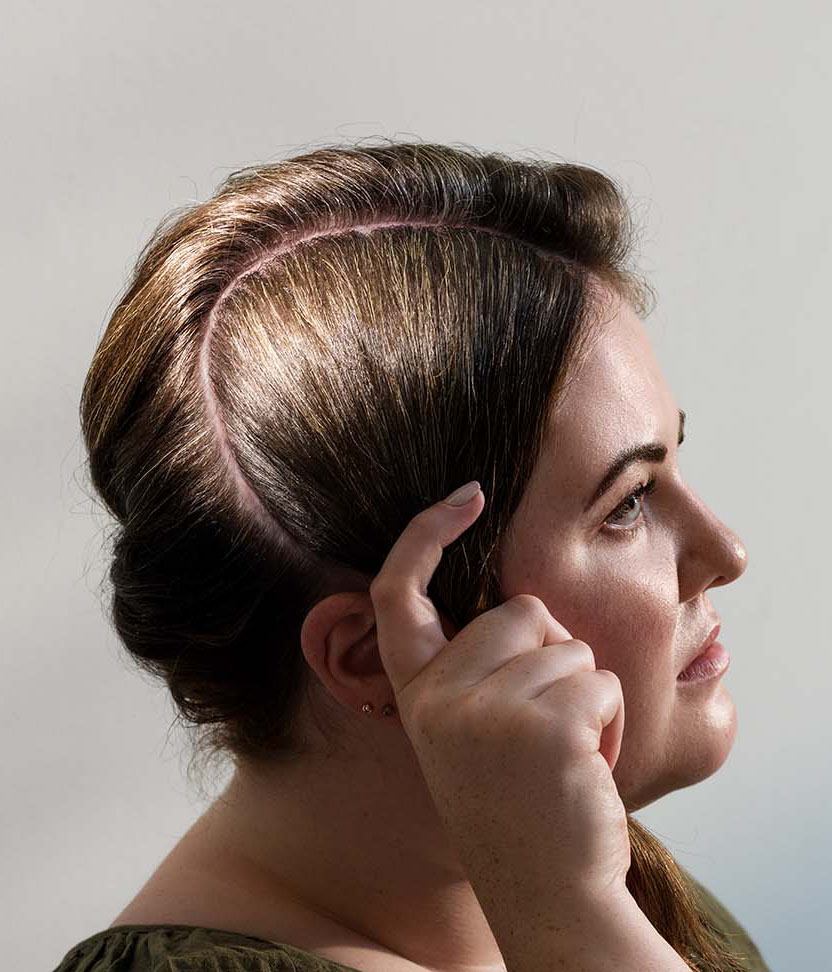
After a stroke at 24
Surgeons finally put Courtney’s skull back together. Then she had to put her life back together.
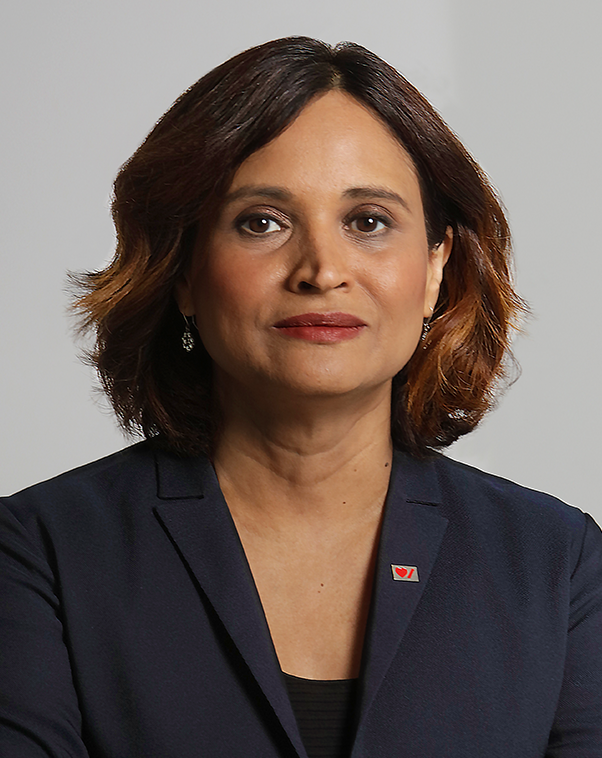
Using data to save more women
Dr. Padma Kaul researches ways to improve diagnosis and treatment of heart disease
